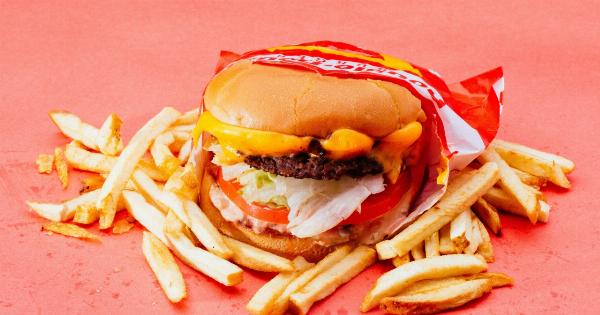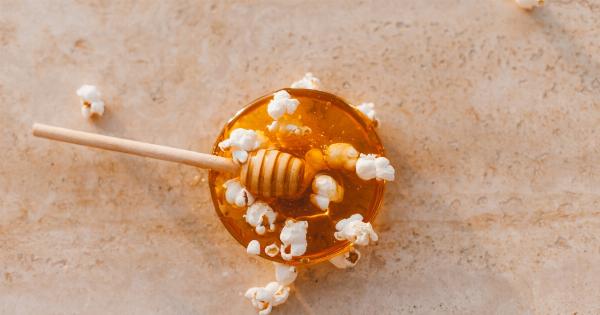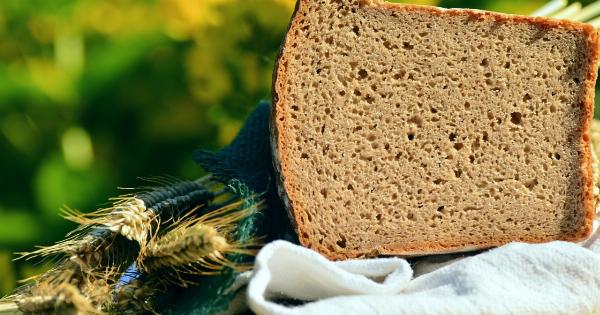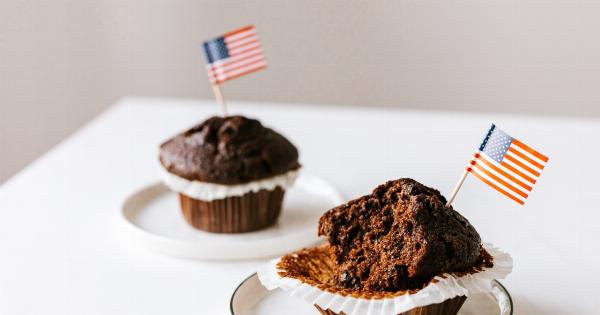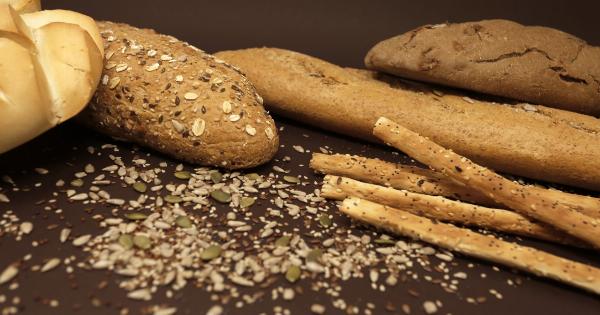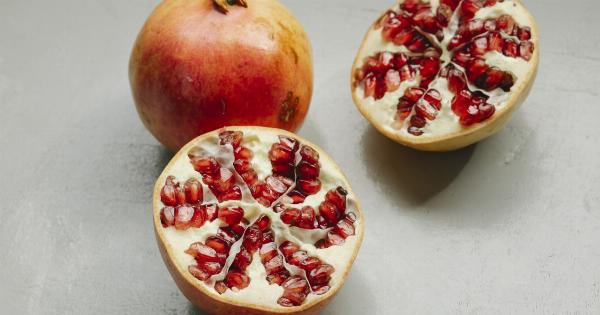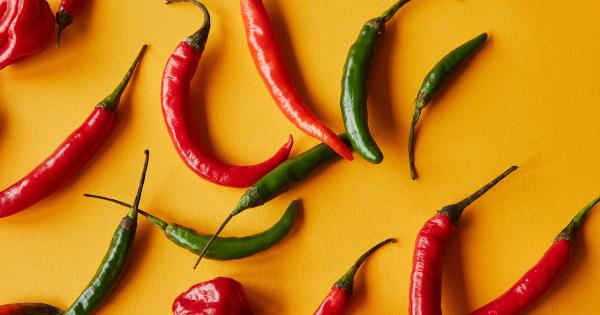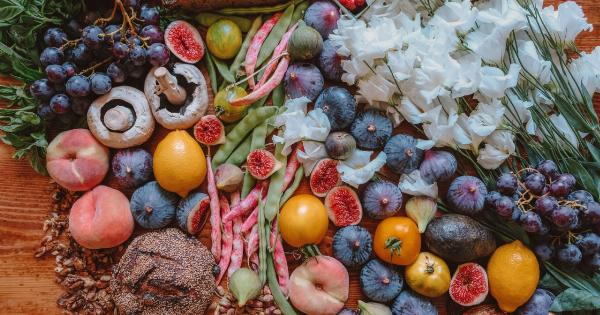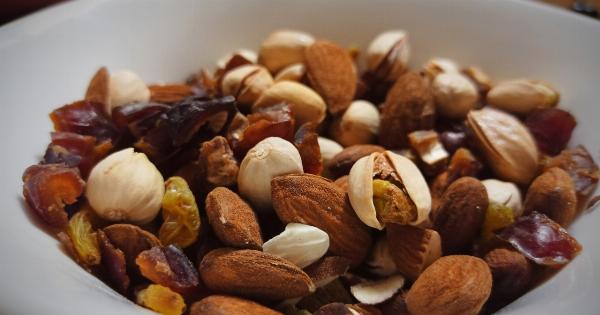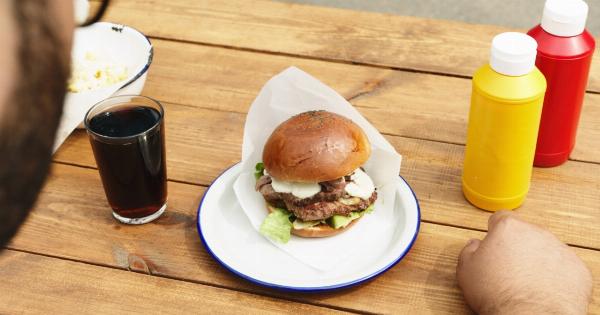Popcorn is a popular snack that has been enjoyed for centuries. Whether you love it plain, buttered, or salted, there is no denying that this fluffy treat is a favorite among movie-goers and snackers alike.
But did you know that there are many surprising facts about popcorn that few people know? In this article, we will explore 10 fascinating facts about popcorn that will blow your mind!.
1. Popcorn is a Whole Grain
Unlike other types of corn, popcorn is considered a whole grain. This means that it contains all parts of the kernel, including the bran, germ, and endosperm.
Whole grains are rich in fiber, vitamins, and minerals, making popcorn a healthier snack option than many other types of junk food.
2. Popcorn was Discovered in Mexico
The earliest known popcorn was discovered in Mexico over 5,000 years ago. Popcorn kernels were found in a cave in the Bat Cave of west central New Mexico in the United States.
The kernels were so well-preserved that they were still able to pop despite being thousands of years old.
3. Popcorn Pops Because of Water
Popcorn kernels have a small amount of water stored inside of them. When the kernel is heated, the water turns to steam and starts to expand.
The kernel eventually becomes too hot and the pressure forces the kernel to explode, turning it inside out and creating the fluffy popcorn we know and love.
4. Ancient Popcorn Was Not Eaten as a Snack
Popcorn was not always eaten as a snack. In ancient times, popcorn was used primarily for decoration, such as for use in headdresses and necklaces.
5. Popcorn is the Official State Snack of Illinois
In 2003, Illinois became the first state to make popcorn its official state snack. This was in recognition of the state’s many popcorn farms and the important role that popcorn plays in the state’s economy.
6. Popcorn Can Be Used to Make Ethanol
Popcorn is not just for snacking. It can also be used to make ethanol, a form of alcohol used as fuel. In fact, researchers have found that popcorn can produce more ethanol per acre than corn used for food or animal feed.
7. Popcorn Has Fewer Calories Than You Think
Popcorn is often thought of as a high-calorie snack, but it is actually surprisingly low in calories. A cup of air-popped popcorn has only 31 calories, while a cup of oil-popped popcorn has 55 calories.
Adding butter or other toppings can increase the calorie count, so it’s important to be careful about how much you add.
8. Popcorn Was Once Banned in Movie Theaters
In the 1920s and 1930s, many movie theaters banned popcorn because they felt that it made too much noise and created too much of a mess.
However, eventually, theater owners realized that popcorn was a major source of revenue and started selling it again.
9. The Largest Popcorn Ball Weighed Over 5,000 Pounds
In 2006, a group of volunteers in Iowa created the world’s largest popcorn ball. The ball weighed over 5,000 pounds and stood over 8 feet tall. It was made from over 2,000 pounds of popcorn, as well as sugar, corn syrup, and other ingredients.
10. Popcorn is Good for Your Digestive System
As a whole grain, popcorn is rich in fiber, which is important for your digestive system. Fiber helps your body move food through your digestive tract, preventing constipation and other digestive problems.




